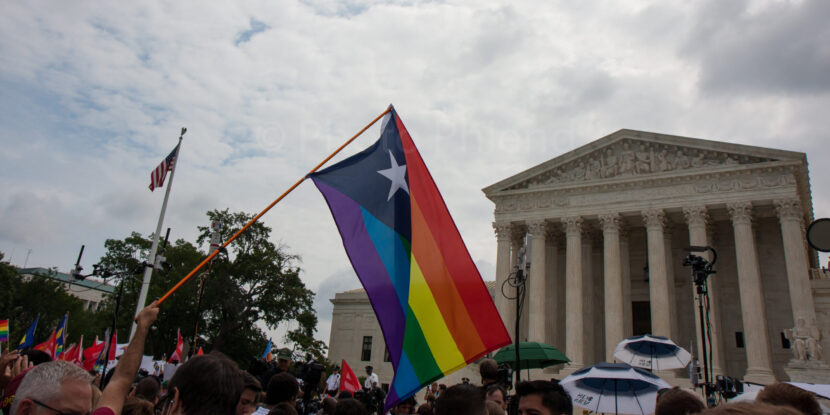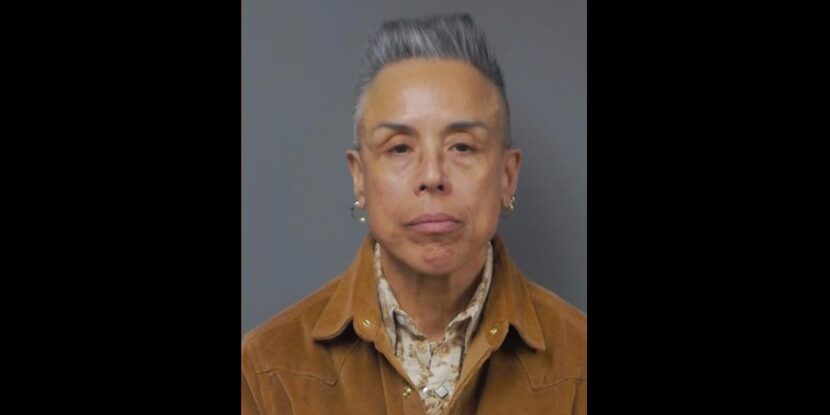❓WHAT HAPPENED: The Supreme Court allowed the Trump administration to enforce its policy requiring passports to reflect the holder’s biological sex at birth, freezing a lower court’s injunction.
👤WHO WAS INVOLVED: The Trump administration, the Supreme Court, transgender and nonbinary plaintiffs, and U.S. District Judge Julia Kobick.
📍WHEN & WHERE: The Supreme Court decision was issued on Thursday, with the case originating in Massachusetts.
💬KEY QUOTE: “Displaying passport holders’ sex at birth no more offends equal protection principles than displaying their country of birth—in both cases, the Government is merely attesting to a historical fact without subjecting anyone to differential treatment,” the Supreme Court stated in its decision.
🎯IMPACT: The ruling allows the Trump administration to enforce its passport policy while legal challenges continue, reversing the Biden-era policy of self-selecting gender markers.
The U.S. Supreme Court has cleared the way for the Trump administration to implement its rule mandating that American passports list the bearer’s biological sex at birth, overriding any alternative gender identity. The ruling halts a lower court federal judge’s earlier order that had paused the policy’s rollout.
In a 6-3 decision, with the court’s conservative majority prevailing over the liberal justices’ dissent, the unsigned order noted, “Displaying passport holders’ sex at birth no more offends equal protection principles than displaying their country of birth—in both cases, the Government is merely attesting to a historical fact without subjecting anyone to differential treatment.”
Dissenting Justice Ketanji Brown Jackson, appointed by Joe Biden, complained, “Without relief, transgender Americans are forced to make a difficult choice that no other Americans face: use gender-incongruent passports and risk harassment and bodily invasions, on the one hand, or avoid all activities… that may require a passport, on the other.”
The move reverses the Biden government’s approach of permitting passport applicants to choose their gender marker, including an “X” option for those identifying as nonbinary. Trump officials maintained that such documents should align with biological facts rather than individual choices. Solicitor General D. John Sauer put it bluntly during arguments: “The question is whether the Constitution requires the government to adopt respondents’ preferred definition of sex. It does not.”
The case stemmed from a lawsuit filed by seven transgender and nonbinary plaintiffs, who contended the policy violated constitutional protections and stemmed from bias against their community. U.S. District Judge Julia Kobick, a Biden appointee, had initially ruled in their favor, citing evidence of discriminatory intent. With this latest development, the administration can now apply the rule as the broader court battle unfolds.
Join Pulse+ to comment below, and receive exclusive e-mail analyses.




















